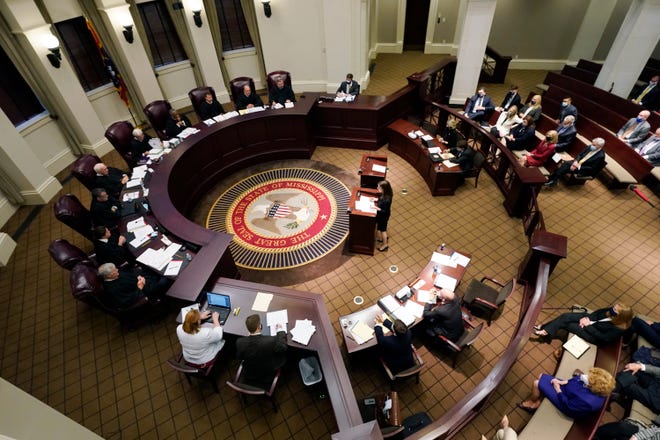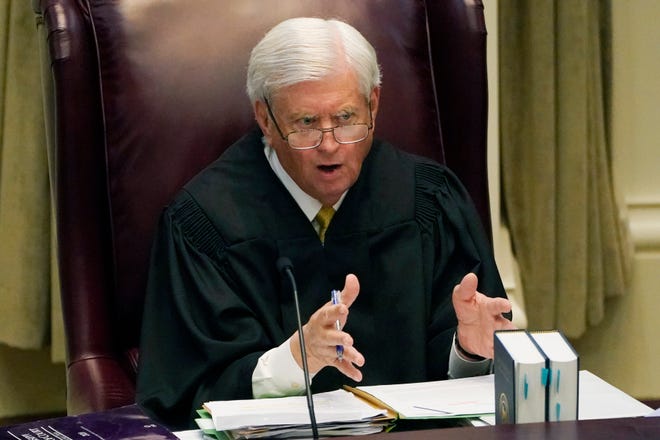
Mississippi voters who are used to seeing ballot measures may be surprised to find none during Tuesday’s Midterm Elections, as the state’s voter initiative process remains in a court-induced coma.
Last summer, in a case challenging voters’ approval of medical marijuana, the Mississippi Supreme Court ruled that the entire initiative measure process was invalid. A new process still has not been put in place.
The court’s decision primarily hinged on an aspect of the initiative measure law, passed in 1990, that required signatures to come in equal proportion from the state’s “five” congressional districts. Since 2000, the state has only had four districts, after losing one during redistricting following that year’s census.
Months after the court’s decision, in December 2021, Gov. Tate Reeves said it is important for voters to have a say through initiatives.
“I do think the citizens should have access to the ballot, and it ought to be done in a way where it’s challenging to get on the ballot but that it is possible,” Reeves said in a news conference at the time.

When the legislature reconvened in January for session, there were attempts to fix it. Many expected those attempts to be successful. However, members of the state House and Senate could not agree on what a new initiative process should look like. One version passed the House, only for an amended version to pass the Senate. The resolution would ultimately die in conference committee when the two chambers failed to reach a compromise.
The key disagreement came over the required percentage of voters. Both chambers agreed that 12% should be needed to get an initiative on the ballot, they just disagreed on what total that 12% should come from. The House had pushed for 12% of the total number of voters in the previous governor’s election, about 90,000 total signatures. This would have been virtually the same as the standard in-place before the court ruling. The Senate, however, sought to raise the bar substantially. Its version would have required 12% of total registered voters as of the previous presidential election, about 240,000 signatures.
One area where both chambers did agree was on a change of the scope of initiative measures. Under the 1990 law struck down by the court, voters could amend the state constitution. House and Senate leaders both sought to allow voters to make additions or changes to the state’s general laws, rather than the state constitution. Constitutional changes, passed through the legislature as resolutions, already require voter approval to be enacted, but this change would prevent constitutional amendments from originating with voters.

When the 2023 session convenes January 3, legislators are again expected to attempt to pass a new initiative process. Whether the two chambers will find their disagreements any easier to overcome this time around remains to be seen.
Even if a new initiative measure process were to pass through the legislature in the upcoming 2023 session, it would still require approval from voters since it would be a change to the state constitution, meaning the next opportunity for initiative measures to reach the ballot could be as far as two years away.
While you won’t see statewide ballot initiatives this year, local initiatives exist on many Tuesday ballots throughout the state.

